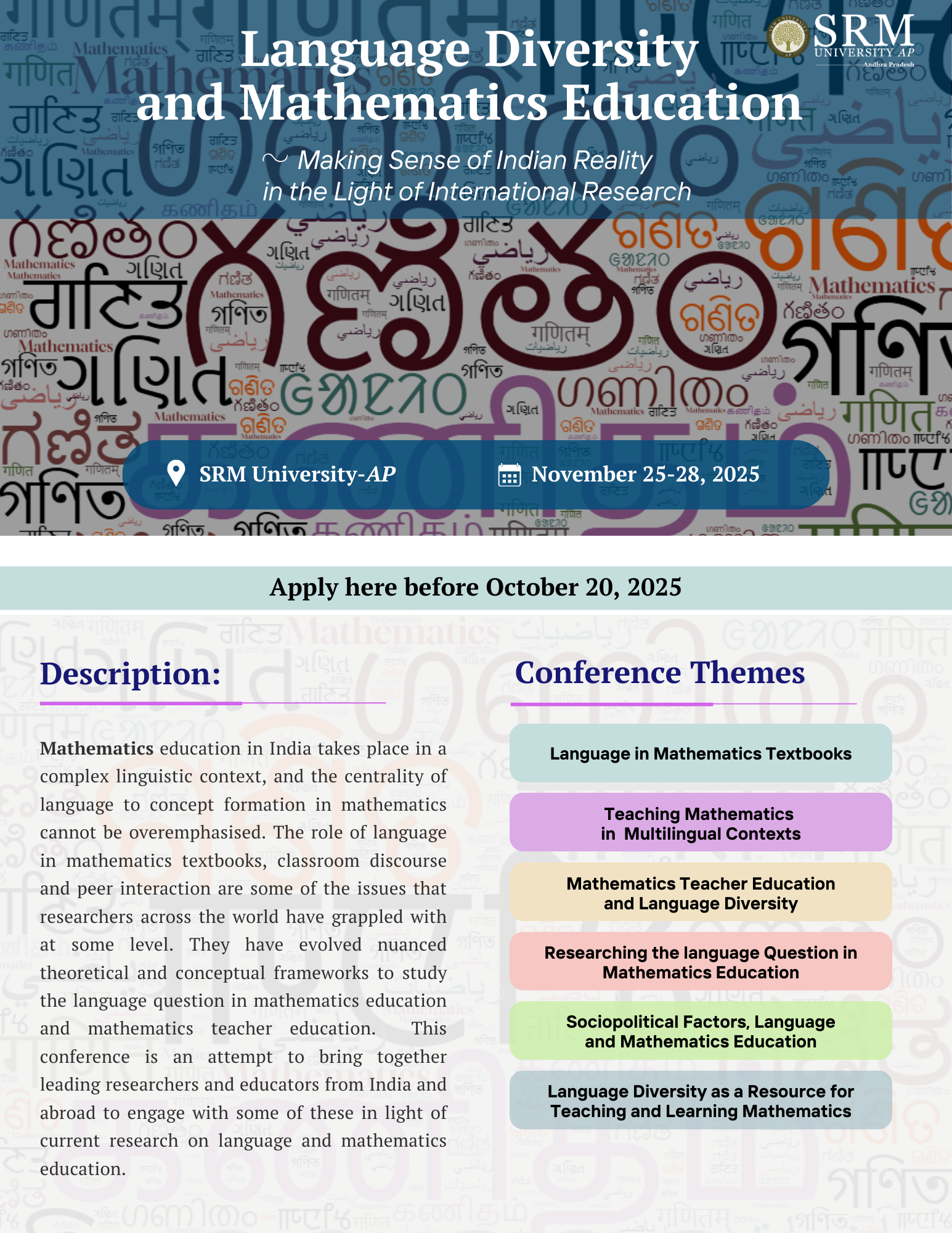November 25-28, 2025
Count Every Second Until the Event
-
dayhoursminsec0
- 0
- 0
- 0
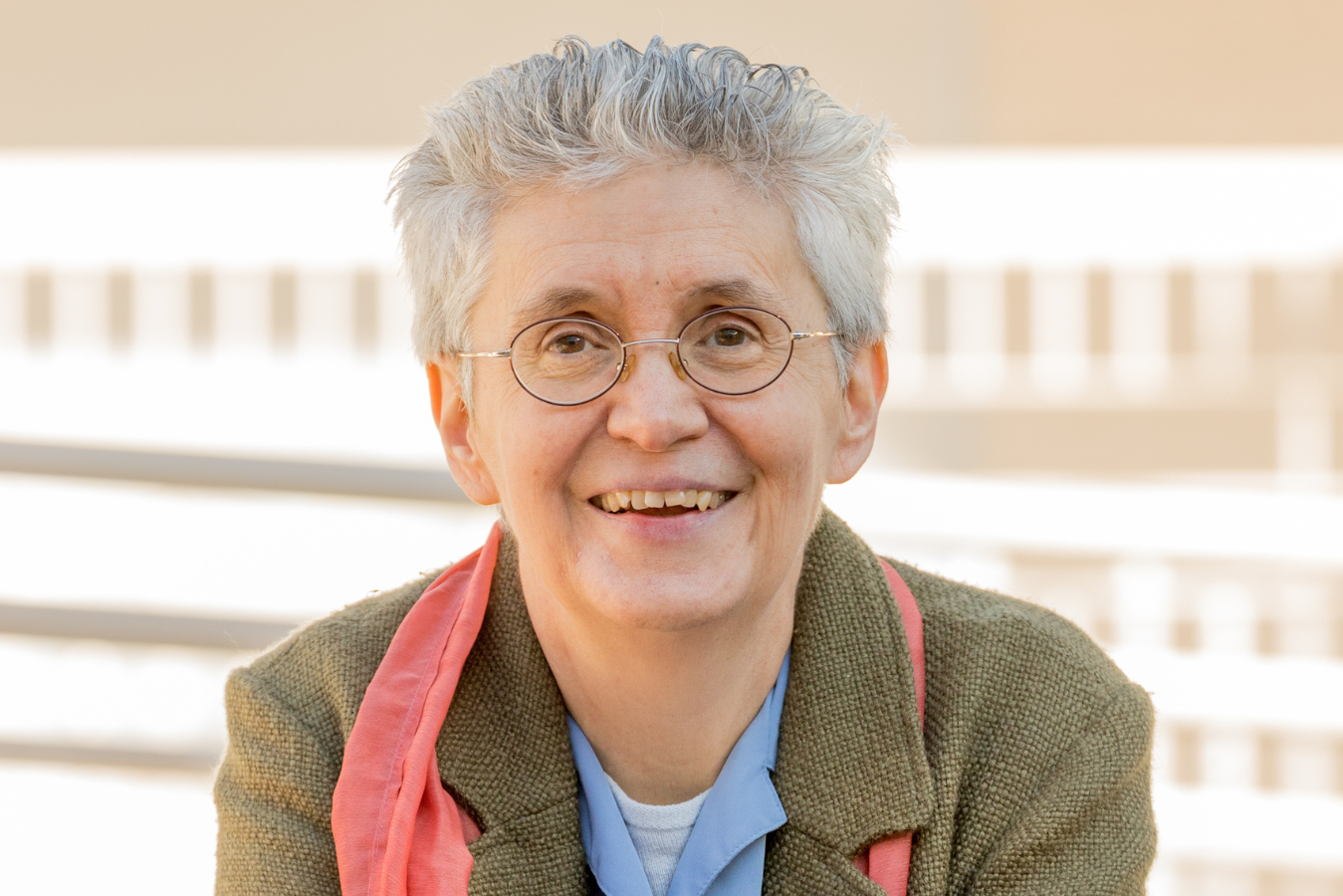
Prof. Marta Civil
USA
Marta Civil is a University Distinguished Outreach Professor and the Roy F. Graesser Chair in the Department of Mathematics at The University of Arizona. Her research looks at cultural, social, and language aspects in the teaching and learning of mathematics; connections between in-school and out-of-school mathematics; parental engagement in mathematics; and participation in the mathematics classroom at the school and college levels. She has led multiple funded projects working with children, parents, and teachers.
Her work is grounded on the concepts of funds of knowledge and parents as intellectual resources. Her most recent work is a collaborative project with two other universities focused on the development of a mathematical partnership that engaged teachers, parents, and multilingual children in grades 2-5 (ages 7-10) in underserved communities. She received the NCTM Lifetime Achievement Award in 2021 and the AERA SIG RME Distinguished Scholar Award in 2025; she became an AERA Fellow in 2023 and a member of the National Academy of Education in 2025.
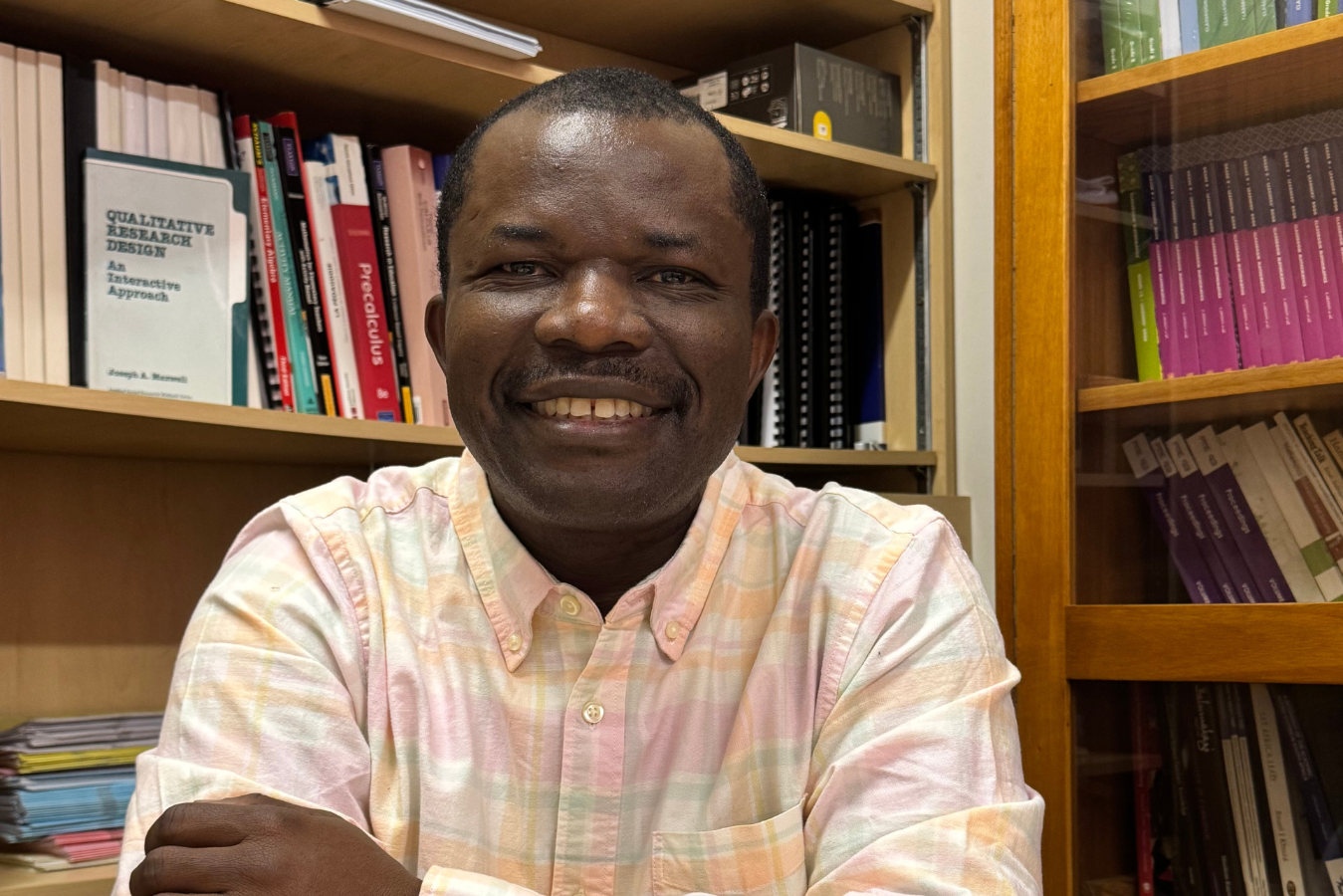
Prof. Anthony Essien
South Africa
Anthony (Tony) Essien holds the South African Numeracy Chair at the Wits School of Education. He was the Deputy Head of School for Research at the Wits School of Education from June 2020 to September 2022. Prof Essien was also the Head of the Mathematics Education Division at the same School from January 2017 to May 2021. He is a series editor of Studies on Mathematics Education and Society, and an Editorial Board member of Educational Studies in Mathematics(ESM). He is also an associate editor of the African Journal of Research in Mathematics, Science and Technology Education.
He was an elected member of the International Committee (Board of Trustees) for the International Group for the Psychology of Mathematics Education (IGPME) from 2018 to 2022. Anthony also served as an associate editor of Pythagoras (the academic journal of the Association for Mathematics Education of South Africa) for 11 years. His field of research is in language issues in the teaching and learning of mathematics from primary level to teacher education. His most recent books are Multilingual Yearbook 2021: Policy and Practice in STEM Education contexts, and Multilingualism in Mathematics Education in Africa, and Innovation Beyond Disruption.
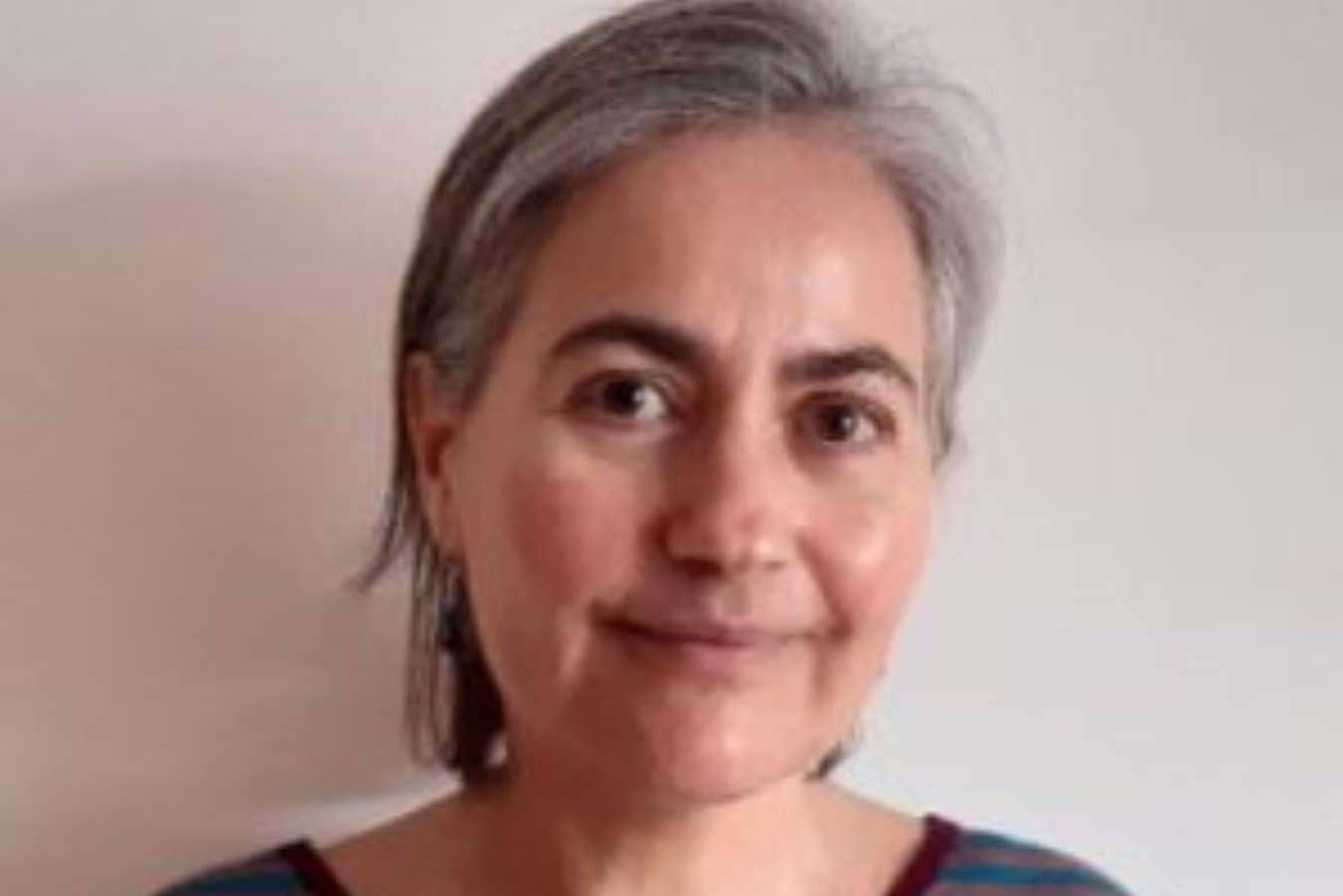
Prof. Nuria Planas
Spain
Prof. Nuria Planas is a professor of mathematics education at Autonomous University of Barcelona (Catalonia, Spain) and Honorary Research Fellow at University of Oxford (England, UK). Before her positions at the university level, she used to be a secondary-school teacher of mathematics. Since then and for almost three decades now, she has been involved in sociocultural research on issues of mathematics education, language and language diversity in urban contexts of poverty. These last years, she has been focused on collaborations with secondary-school teachers of mathematics who work in bilingual and multilingual classrooms, and the ways in which they use language in their teaching with learners whose home languages are not the official language of instruction.
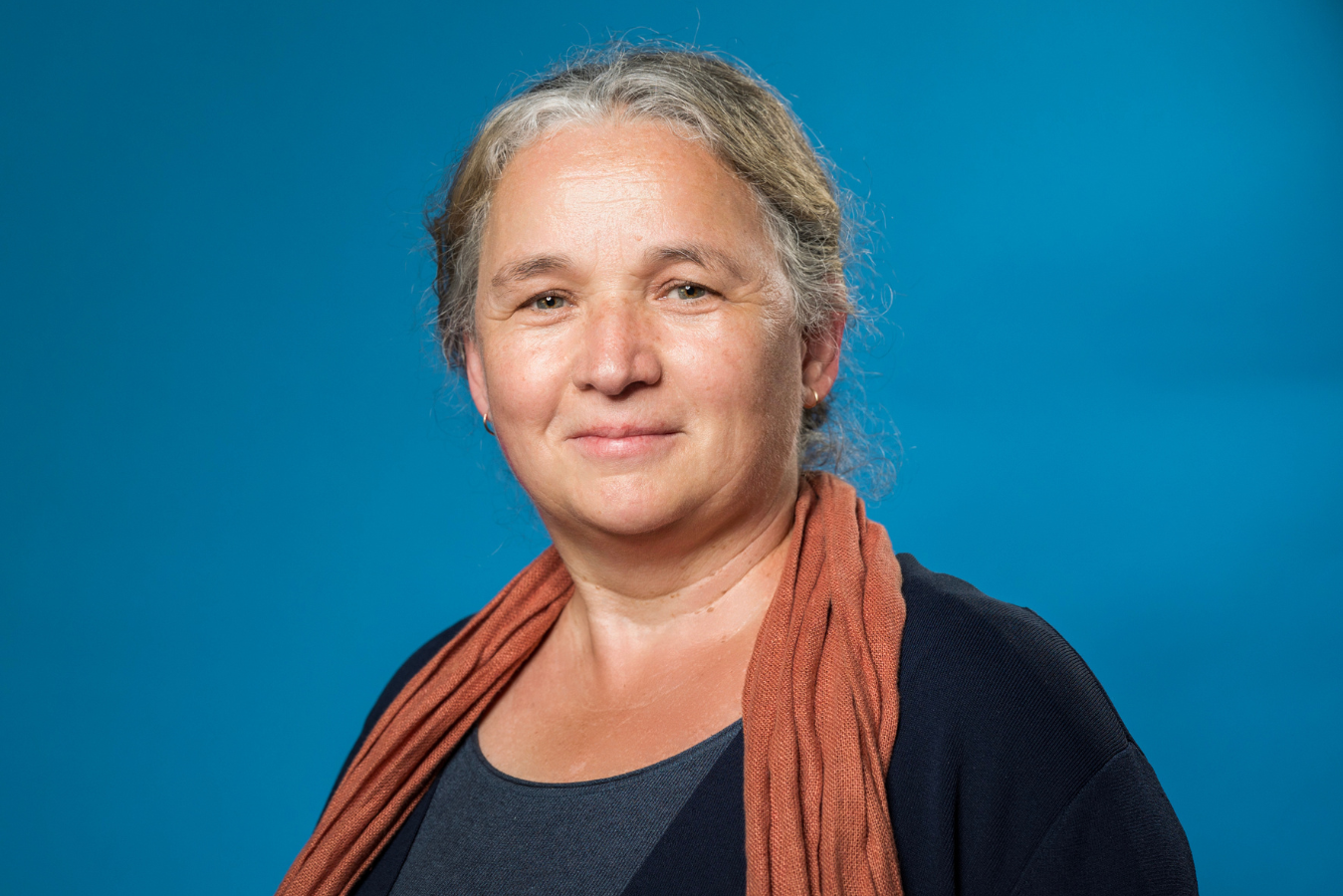
Prof. Susanne Prediger
Germany
Prof. Dr. Susanne Prediger is full professor in Mathematics Education Research at TU Dortmund University and leader of the German Center for Mathematics Teacher Education at the IPN Leibniz Institute for Science and Mathematics Education in Berlin/Kiel.
She is former editor-in chief of Educational Studies in Mathematics and former president of the European Society for Research in Mathematics Education. She has written more than 120 papers in peer reviewed journals and supervised 28 PhD theses, many of them in the field of language-responsive mathematics teaching. With topic-specific design research and intervention studies, her research group has substantially contributed to unpack the role of language for developing conceptual understanding in mathematics and to show that enhancing students’ language can be effective for students’ mathematical learning gains.
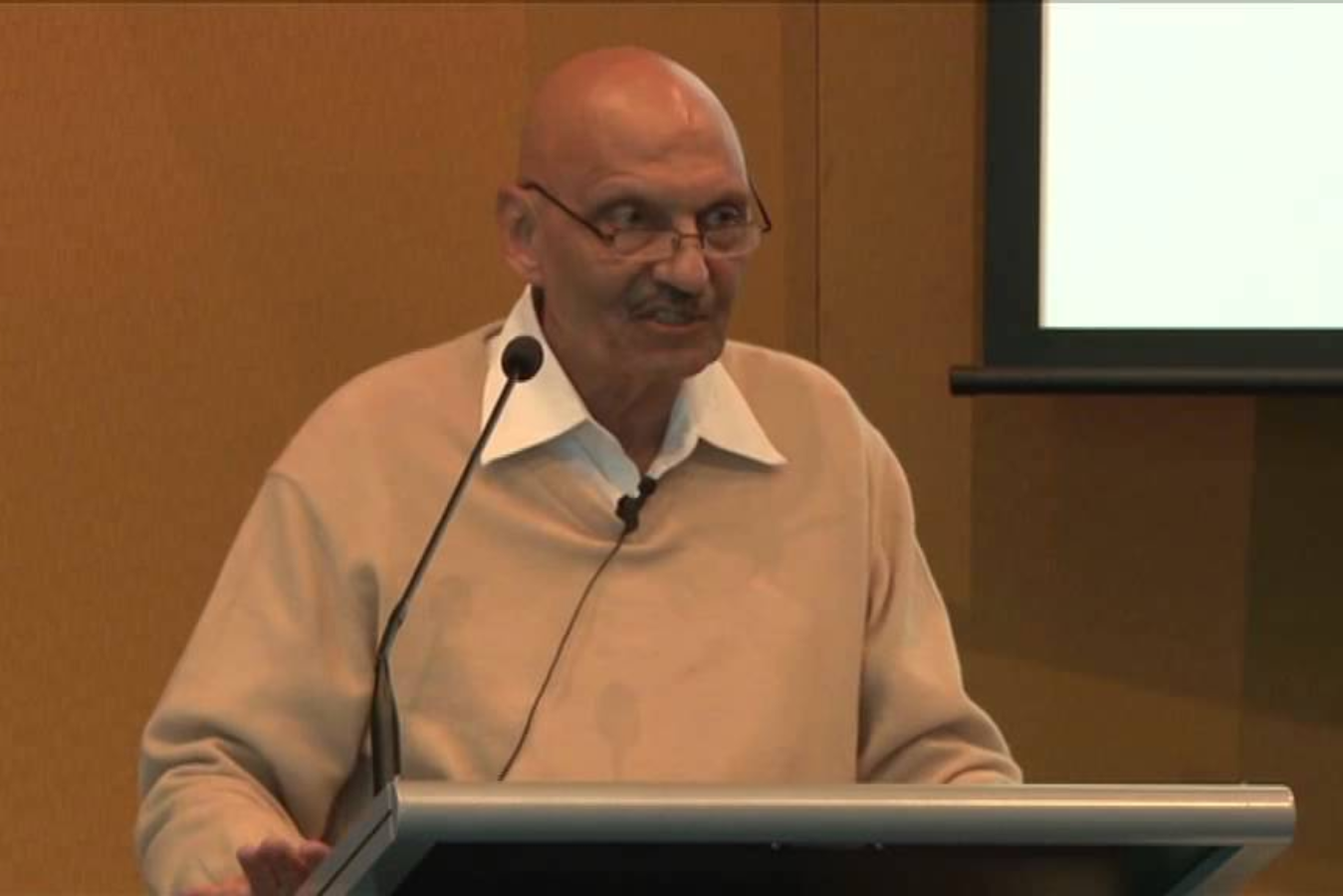
Prof. Rama Kant Agnihotri
India
Rama Kant Agnihotri’s thinking, as reflected in his writings about Multilinguality, and in his interactions with educationists here and abroad, shows a depth of understanding about the linguistic dimensions of human communication. This permeates his scholarship as recorded in his many books and publications, and leads to practical applications, in consonance with Constitutional values, in language teaching and learning, in primary education, and in teacher training. He graduated with Mathematics and Sanskrit and did his Masters in English. He got his D Phil in linguistics from the University of York (UK). He has lectured in several universities across the globe. In India, he has been advisor to CBSE, NCERT, SCERT, and DIETs as well as to several NGOs involved in education for social change. Some of his recent publications include:
Being and Becoming Multilingual: Some Narratives (Orient BlackSwan, Delhi, 2022 with Rajesh Sachdeva), Language, Mind and Society (Orient BlackSwan, Delhi, 2022 with Rajesh Kumar), Education and Inequality: Historical and Contemporary Trajectories (with Vikas Gupta and Minati Panda, Orient BlackSwan, New Delhi, 2021), Indian Languages and the Constitution (Eklavya, Bhopal, 2021), Indian English: Towards a New Paradigm (with R Singh, Orient BlackSwan, Delhi, 2012), Hindi: An Essential Grammar (Routledge, London, 2007, 2nd ed. 2022), Noam Chomsky: The Architecture of Language (Oxford, Delhi, 2001 with N. Mukherjee and B. N. Patnaik), Hindi Morphology: A Word-based Description (Motilal Banarsidass, Delhi, 1997 with Rajendra Singh), Second Language Acquisition: Socio-cultural and Linguistic Aspects of English in India (Sage, Delhi, 1994, ed. with A.L. Khanna), Problematizing English in India (Sage, Delhi, 1997, with A.L. Khanna). Having retired as Professor and Head, Dept of Linguistics at the University of Delhi, he is at present Professor Emeritus at Vidya Bhawan Society, Udaipur.
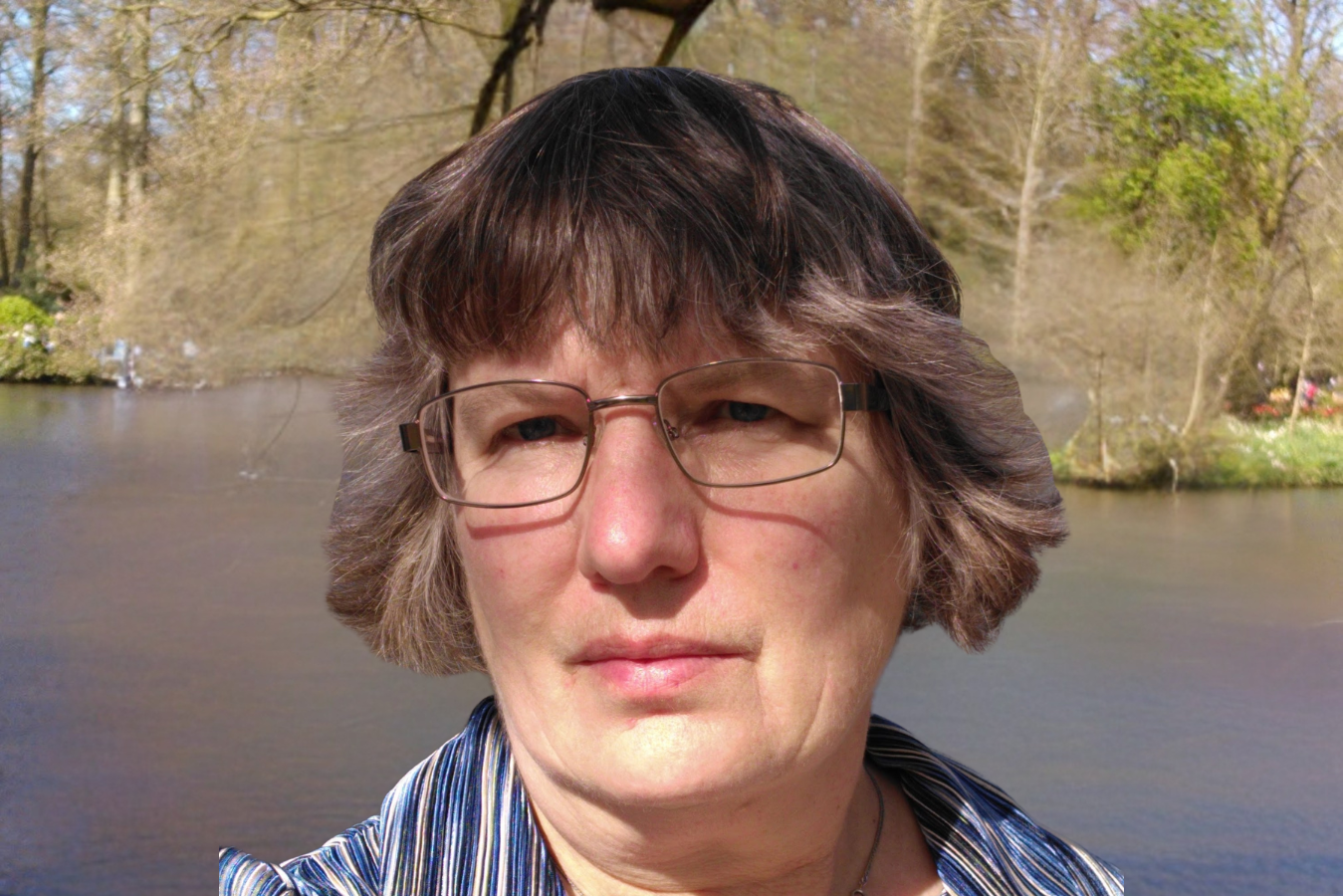
Prof. Tamsin Jillian Meaney
Norway
Tamsin Meaney is currently a professor of mathematics education at Western Norway University of Applied Sciences, having previously been a teacher educator in Australia, New Zealand and Sweden. She holds a 20% position as a professor at the Sami University of Applied Sciences. She has a strong interest in social justice issues connected to mathematics education. She has been the leader of several externally funded project, often with a focus on language issues in mathematics classrooms, particularly in immersion and multilingual situations. From 2018-2022, she was the project leader for a project financed by the Research Council of Norway about improving mathematics teacher education, Learning about Argumentation for Critical Mathematics Education in multilingual classrooms. This project resulted in more than 40 publications.
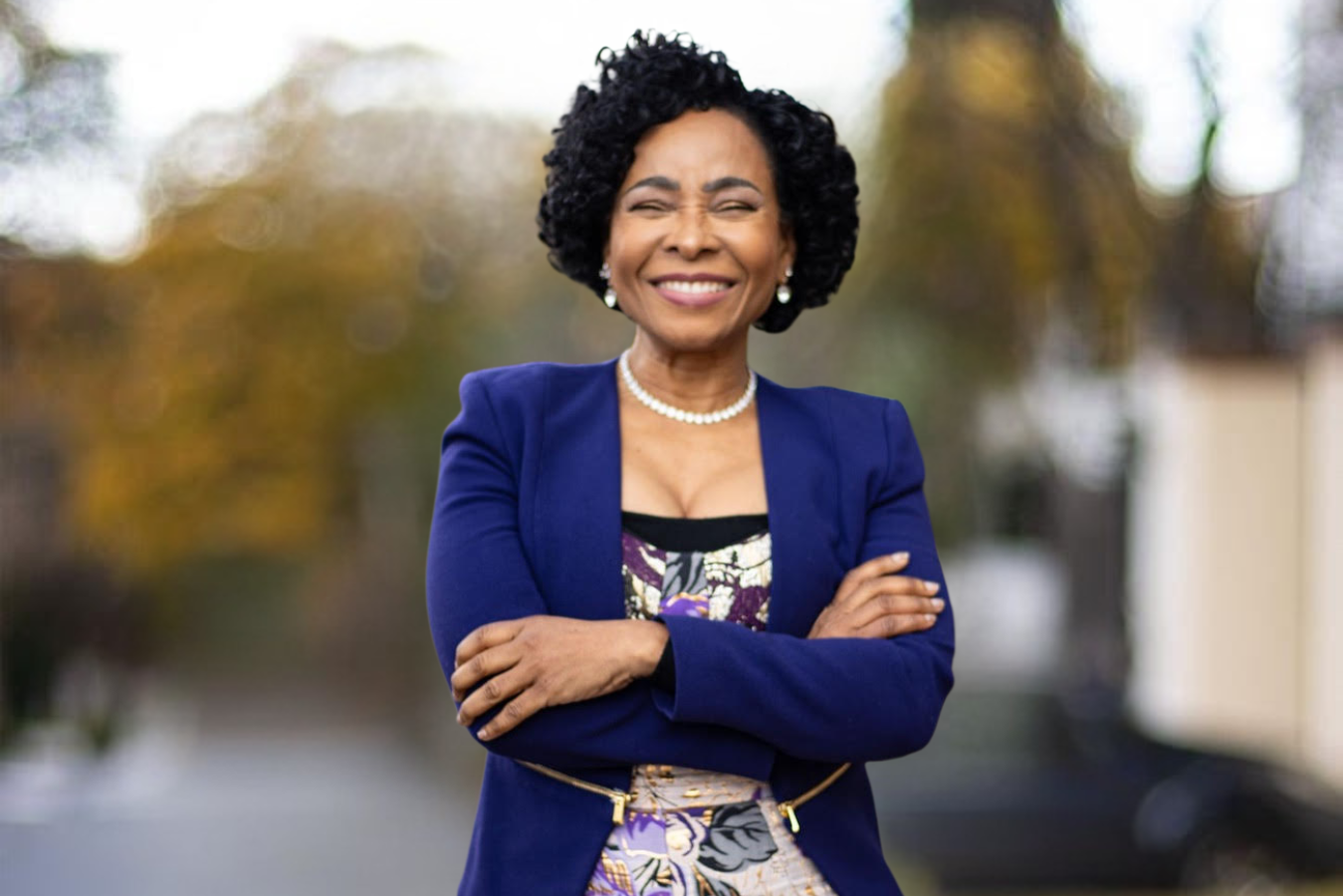
Prof. Mamokgethi Setati Phakeng
South Africa
Dr Phakeng holds a doctoral degree (PhD) in Mathematics Education from the University of the Witwatersrand and has been granted two honorary doctorates: a Doctor of Science (Hon. DSc) from the University of Bristol in the United Kingdom in 2019 and a Doctor of Education (Hon. DEd) from the University of Ottawa in Canada in 2022. Her contributions to research and community engagement have garnered numerous accolades, including the Order of the Baobab (Silver) bestowed upon her by the President of South Africa in April 2016. In addition, CEO magazine recognised her as the most influential female academic in Africa in August 2014, and Forbes included her in their inaugural list of the 50 Most Powerful Women in Africa in 2020.
In September 2022, Dr. Phakeng became the inaugural recipient of the Africa Education Medal, a distinction presented by T4 Education and HP. In December 2023, she was awarded the Global Lifetime Achievement Award by Women in STEM for her contribution in opening doors for women and girls in Science, Technology, Engineering and Mathematics and her wide-reaching impact in the STEM field. She is a fellow of The World Academy of Sciences (TWAS); the African Academy of Sciences (AAS) and the Academy of Science of South Africa (ASSAf). Following her early retirement in 2023 after her five year term as Vice Chancellor of the University of Cape Town, she was appointed by the President of the Republic of South Africa to serve on the Presidential Advisory Council on National Orders. Currently, Dr Phakeng is a businesswoman, with diverse interests spanning media, agriculture, and consulting particularly in the education sector. She is a member of the Advisory Board of the German University of Digital Science and a member of the President’s Council of the University of the People.
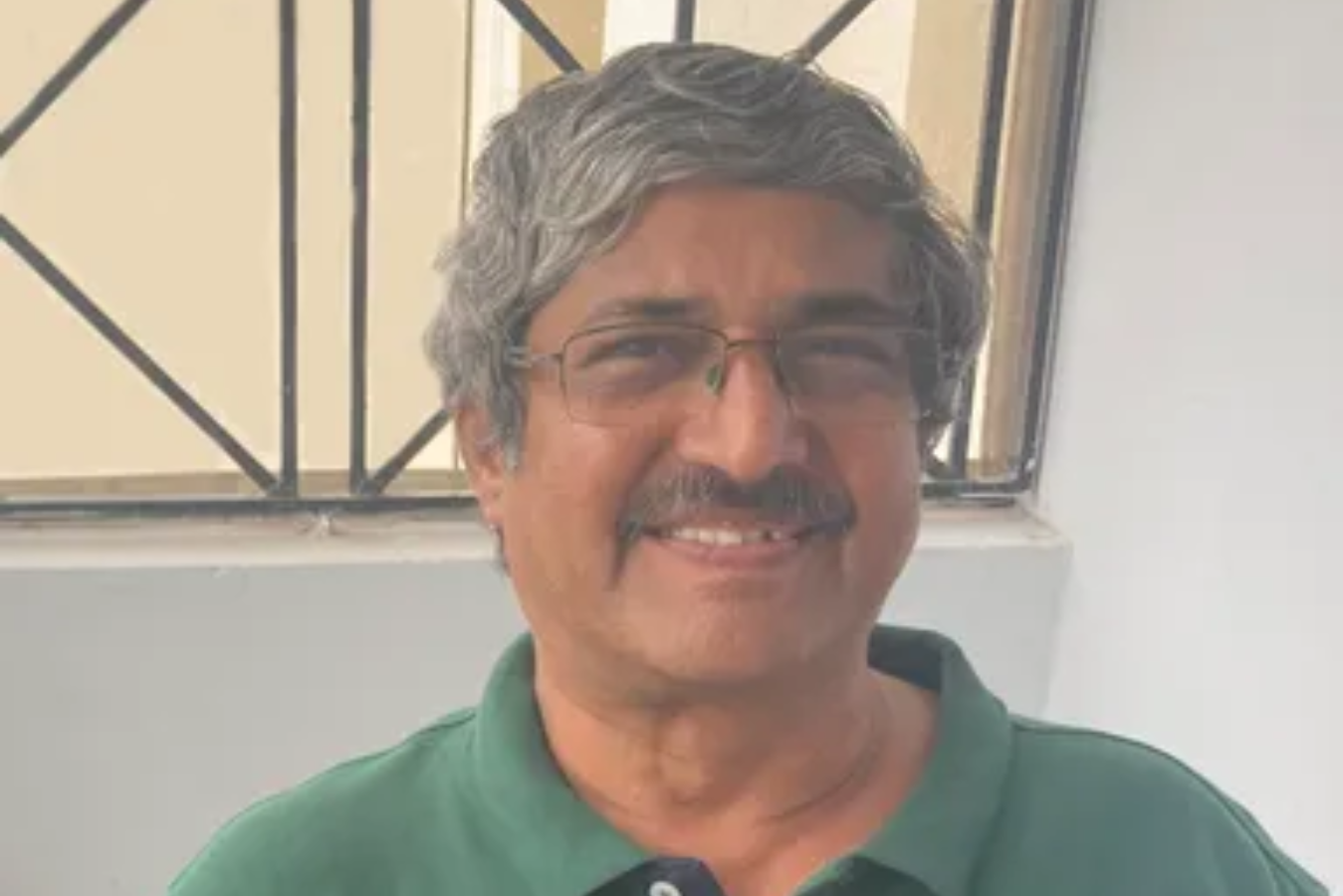
Prof. R Ramanujam
India
R Ramanujam teaches mathematics and mathematics education at Azim Premji University, Bengaluru. Prior to this he was at the Institute of Mathematical Sciences, Chennai, principally as a researcher in automata theory and logic. He has been active in school mathematics education for a long time and was a steering committee member of the National Curriculum Framework 2005. He is currently a member of the executive committee of the International Commission on Mathematical Instruction and chairs an international Commission for Logic Education. He is interested in how language operates in the mathematics classroom.
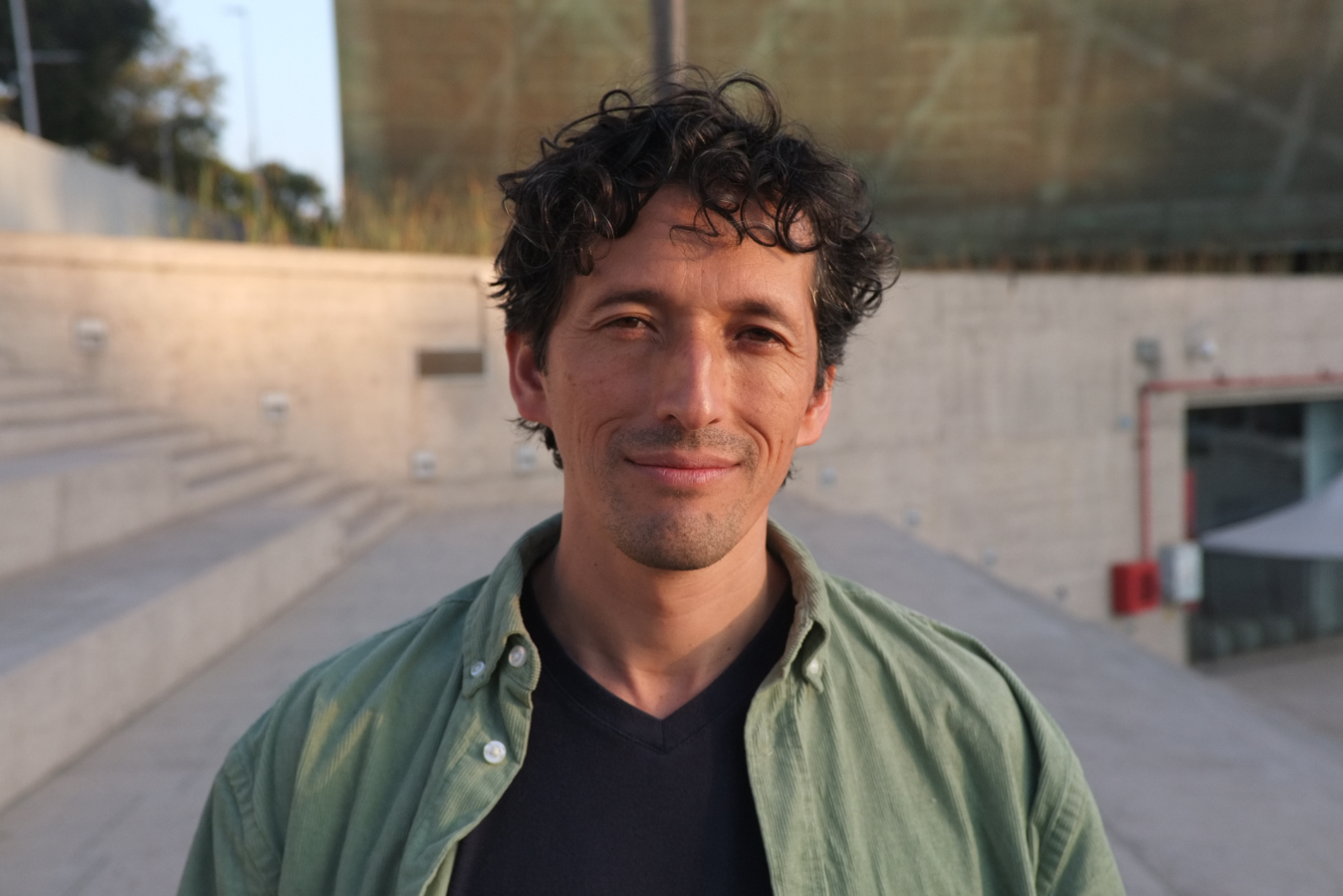
Prof. Aldo Ivan Parra
Colombia
Aldo Parra is an assistant professor at Universidad del Cauca, Colombia. He conducts research on ethnomathematics and mathematics teacher education in contexts of cultural and linguistic diversity. This work demands the use of ethnographic methods and cultural theories to investigate issues like cultural identity, subjectivity, and development. The quest for research methods more communitarian, participative and grass-rooted is characteristic of his work. Aligned to that, he is interested in decolonial studies, alternative philosophies for mathematics. Aldo is trying to develop theoretical concepts for a non-instrumental teacher education in mathematics with preservice and in-service mathematics teacher education. Currently, he is the editor-in-chief of the Latin American Journal of Ethnomathematics
